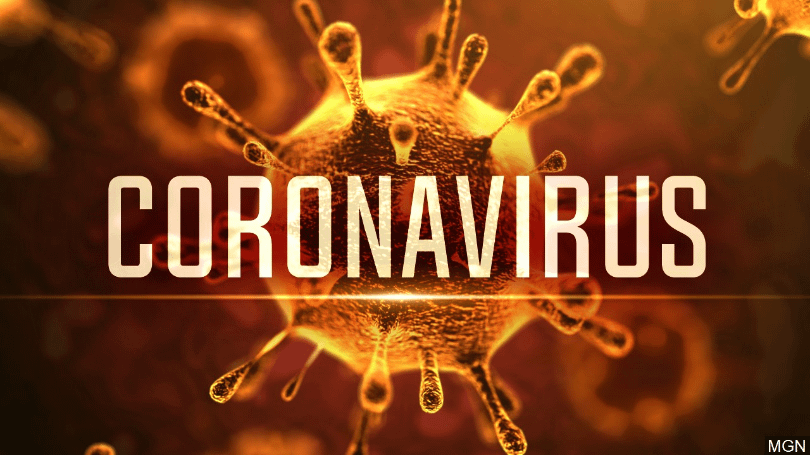On March 28, 2020, Laura Kelly, the Governor of Kansas, signed Executive Order No. 20-16 (better known as the “Stay-at-Home Order”).
That order was to remain in force until April 19, 2020. On April 16, 2020, Governor Kelly signed Executive Order No. 20-24, which extended the previous Stay-at-Home Order through May 3, 2020.
Like residents of several other states, some Kansans have organized protests against the Governor’s order or chosen to openly defy it. So, what happens if they get caught?
Kansas statutes grant the Governor authority to declare a state of “disaster emergency” and to issue orders as part of the government’s effort to mitigate harm caused by the declared disaster. K.S.A. 48-939 states that any person who knowingly and willfully violates a lawful order issued pursuant to the authorities granted by K.S.A. 48-924 and K.S.A. 48-932 is subject to prosecution for a Class A Misdemeanor. Class A Misdemeanors carry a potential sentence of up to 12 months in county jail and a fine of up to $2,500.00.
What if someone knows he has COVID-19 and still defies the stay-at-home order? The potential criminal consequences grow steeper.
Kansas criminalizes “endangerment,” which is defined as “recklessly exposing another person to a danger of great bodily harm or death.” It is conceivable prosecutors may attempt to apply this provision to someone who knowingly exposes others to the coronavirus. Endangerment is also a Class A Misdemeanor. Knowingly or recklessly infecting another individual with the coronavirus could be charged as an aggravated battery, which is a felony offense punishable by imprisonment.
Meanwhile, the Department of Justice has urged federal prosecutors to consider whether terrorism charges may be appropriate. In a memorandum to law enforcement and United States Attorneys, the Deputy Attorney General advised:
You may encounter criminal activity ranging from malicious hoaxes, to threats targeting specific individuals or the general public, to the purposeful exposure and infection of others with COVID-19. Because coronavirus appears to meet the statutory definition of a “biological agent” under 18 U.S.C. § 178(1), such acts potentially could implicate the Nation’s terrorism-related statutes. See, e.g., id. § 175 (development/possession of a biological agent for use as a weapon); id. § 875 (threats by wire); id. § 876 (threats by mail); id. § 1038 (false information and hoaxes regarding biological weapons); id. § 2332a (use of a weapon involving a biological agent). Threats or attempts to use COVID-19 as a weapon against Americans will not be tolerated.













